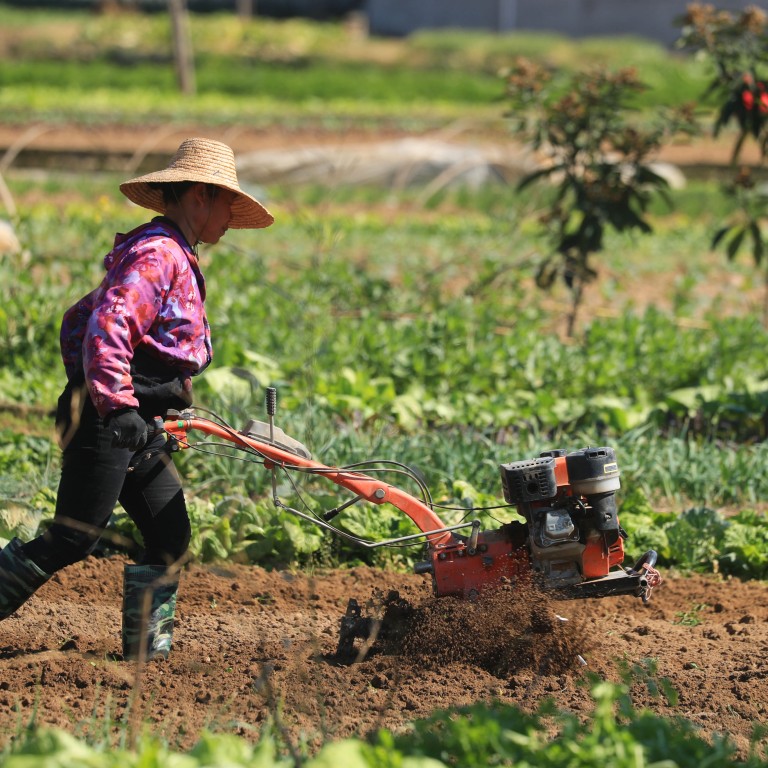
Climate Change: world cannot achieve Paris Agreement goals without ‘transforming agriculture’, nature charity warns
- Efforts to cut greenhouse gas emissions from the food sector are falling well below what is needed, says head of The Nature Conservancy
- Closer collaboration between governments, businesses and scientists is needed to improve the situation, says Jennifer Morris
Closer collaboration between governments, businesses and scientists is needed to improve the situation, said Jennifer Morris, CEO of The Nature Conservancy (TNC), in an interview.
TNC, which is based in Virginia in the US, has projects in over 70 nations.
Under the Paris climate accord, world leaders have committed to containing global warming at “well below” 2 degrees Celsius above pre-industrial levels, and to strive to keep it at 1.5 degrees. The temperature increase has already reached 1.2 degrees.
“In China alone, agriculture is responsible for around the same amount of emissions annually as the entire aviation sector globally,” she said. “So we need to really change our food production systems.”
Agriculture contributed 12.4 per cent of global greenhouse gas emissions in 2020, while land use change and forest losses – often associated with farmland expansion – was responsible for another 15.3 per cent, data collated by the World Resources Institute showed.
When emissions from logistics, processing and manufacturing of plant and animal-based food are considered, the entire food supply chain gave rise to around 35 per cent of emissions of greenhouse gases, a study in 2021 led by the University of Illinois Urbana-Champaign estimated.
With the world’s population forecast by the United Nations to grow to 9.8 billion by 2050 from 8 billion last year, food sector-related emissions are expected to keep climbing unless mitigation policies are stepped up globally, the study’s researchers found.
TNC has collaborated for years with scientists at the China Agricultural University, the Chinese Academy of Agricultural Sciences, and agriculture technology provider Syngenta on so-called regenerative agriculture. Syngenta is a unit of the state-owned China National Chemical Corporation.
Regenerative agriculture is a conservation and rehabilitation approach to increasing the resilience of crops and animals to climate change by strengthening soil health and minimising water, pesticide, herbicide and fertiliser use, while maintaining productivity.
TNC is also working with coffee chain Starbucks and its milk suppliers in China to change the feeds of dairy cows and rotate their grazing grounds, to reduce methane emissions from the cows and preserve the grass and soil health. Methane is a greenhouse gas 25 times more potent than carbon dioxide.
It has since worked with major international banks on several “debt-for-nature swap” refinancing deals, where state-backed development agencies offer risk underwriting or debt relief to developing nations in Africa and the Caribbean in exchange for ocean conservation commitments.
TNC has recently held talks with several multilateral and private financial institutions in Asia and various Chinese ministries about supporting potential transactions with nature conservation benefits, Morris said.
“Despite the politics between China and the US, we are focused on the fact that we are all living on this planet together and we have to think about nature beyond the politics,” she said. “What is happening with climate change affects us all.”

